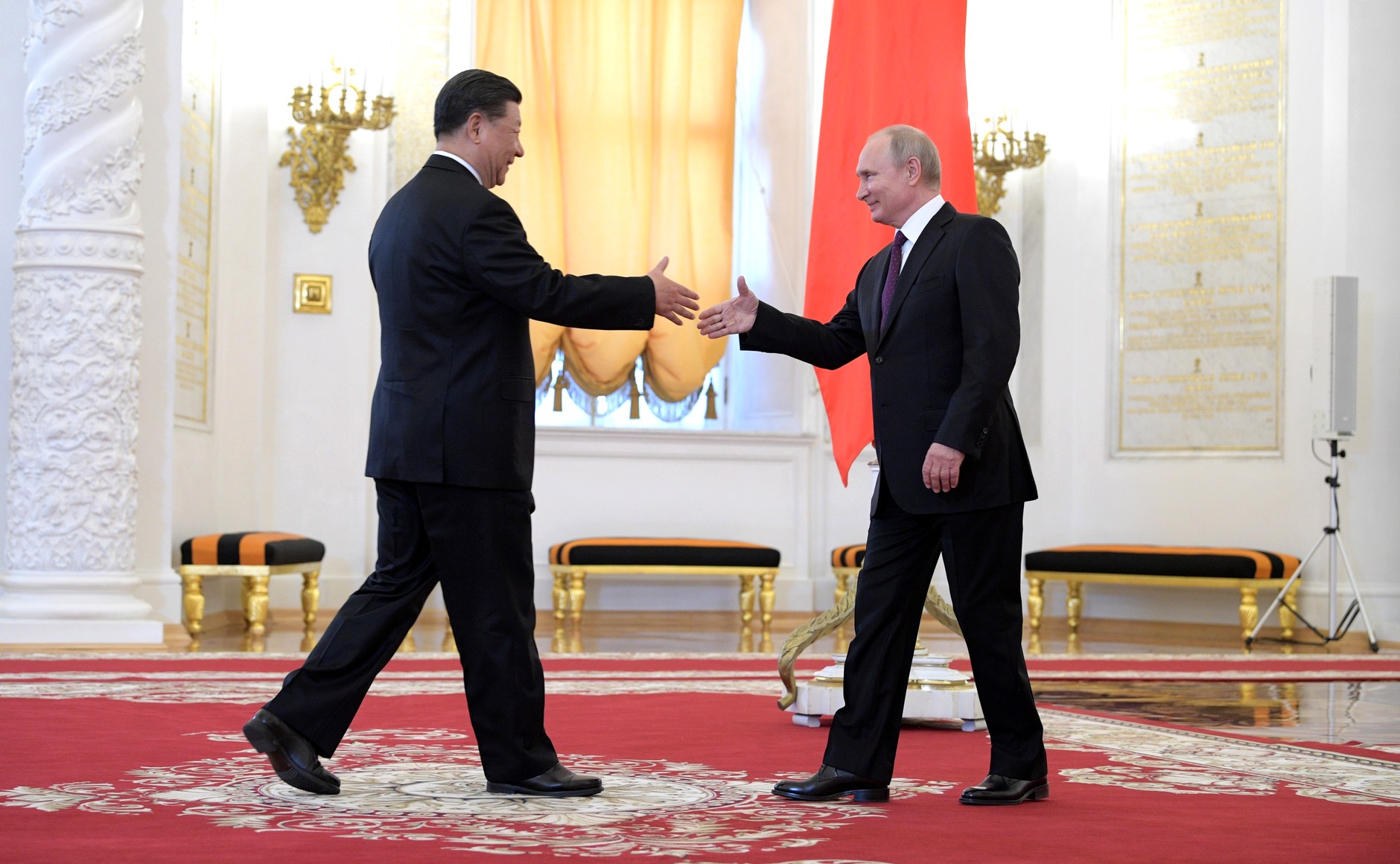Because the SCO will not be the NATO of Eurasia

The SCO is not a NATO of Eurasia but an economic organization that the EU should be interested in. The analysis by Mario Lettieri, former undersecretary for the economy, and Paolo Raimondi, economist
The results of the summit of the Heads of State of the countries of the Shanghai Cooperation Organization (SCO), held on September 16 in Samarkand, Uzbekistan, deserve to be analyzed without ideological or preconceived blinders. It would make it possible to avoid geopolitical errors of assessment which could later be regretted.
The SCO was created in 2001, with the aim of coordinating the activities of member countries in the fight against terrorism, for security and above all for economic, technological and infrastructural cooperation. Today it has nine members, including China, India and Russia. Together they represent 40% of the population and 25% of world GDP.
Those who try to see in the SCO the realization of a NATO of Eurasia are wrong. The differences between the participants are too many and profound. It would be equally wrong, however, to underestimate its importance. It would be profoundly misleading for SCO to repeat the errors of assessment that many intentionally make in relation to the role of the BRICS.
A careful reading of the Samarkand Final Declaration would help to better understand the processes underway. First of all, it should be noted that the various Heads of State included Chinese President Xi Jinping, Indian Prime Minister Narendra Modi and Russian President Vladimir Putin. Nonetheless, it should be emphasized, the total Western isolation of Putin and the sanctions against Russia.
Instead, it is appropriate to take note of the geopolitical and geo-economic assessment offered by the summit. Regarding security, it is stated that «The world is going through global changes. These processes are accompanied by greater multipolarity. The current system of international challenges and threats is becoming more complex, the situation in the world has worsened dangerously, local conflicts and crises are intensifying and new ones are emerging ».
Regarding the economy, it is said that "the growing technological and digital divide, the continuing turbulence in global financial markets, the reduction of investment flows, instability in supply chains, the increase in protectionist measures and other obstacles to trade international are added to the volatility and uncertainty in the global economy ”.
The most repeated concept is that of "multilateralism", thus posing the question to the United States and the West.
Some aspects of economic cooperation deserve attention. The Declaration argues that SCO members, with the exception of India, "reaffirm their support for the Chinese initiative One Belt, One Road (Obor, the Silk Road) and acknowledge the work in progress to implement the project and efforts to link the construction of the Eurasian Economic Union with the Obor ». The idea is to establish an enlarged Eurasian partnership involving, in addition to the SCO, the EUEA, the ASEAN countries, other interested states and multilateral associations.
The text also refers to the importance of the use of national currencies in trade and monetary regulations already practiced by some Member States. This happens between Russia and China and India too should soon regulate trade with Russia in national currencies.
This orientation brings the SCO closer to the policies of the BRICS. In fact, the Final Declaration reports the intention to create a Development Bank of the Sco, a Business Council, a Development Fund within a Framework Agreement for cooperation in trade and services, a Program for the development of infrastructures. in transport and energy and an Action Plan for the development of trade between Member States. All practices already tested by the BRICS.
It is not elegant to repeat, but we hope that the European Union and its Member States will not limit themselves to mere comments but actively participate in development projects. Otherwise, the Samarkand summit would only be the confirmation of a dangerous split in the world into two opposing blocs.
The division into blocs, especially now that there is a war between Russia and Ukraine, can further aggravate the situation. We believe that the interest of the peoples of the EU, starting with the Italian one, is instead that of not interrupting the thin thread of relations between different worlds in order to achieve lasting and peaceful cooperation.
This is a machine translation from Italian language of a post published on Start Magazine at the URL https://www.startmag.it/mondo/sco-eurasia/ on Sat, 24 Sep 2022 05:43:03 +0000.
